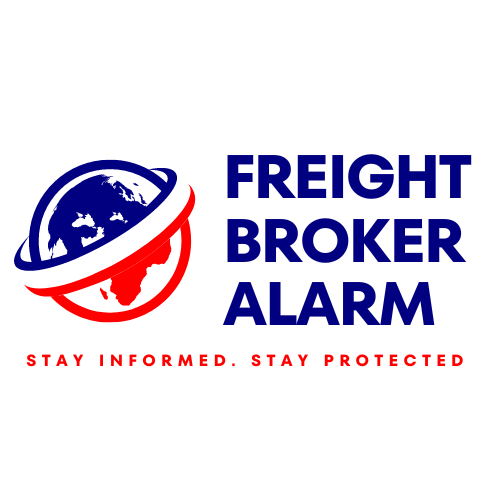Understanding Common and Contract Carriers: What Freight Brokers and Carriers Need to Know
Freight Broker Alarm Call Us for HelpIn the freight transportation industry, understanding the difference between common carriers and contract carriers is essential. These distinctions impact legal responsibilities, liabilities, and the overall financial and operational dynamics of shipping contracts. For brokers and carriers, this knowledge is crucial for navigating contracts and minimizing disputes. Let’s explore the key differences between common and contract carriers and how Freight Broker Alarm can assist in recovering unpaid freight debts tied to these services.
Understanding Common and Contract Carriers: What Freight Brokers and Carriers Need to Know
What Is a Common Carrier?
A common carrier offers transportation services to the general public under the authority of regulatory bodies. These carriers are obligated to accept goods from any shipper willing to pay, provided the goods fit their general operating parameters. Common carriers typically operate on set routes and schedules, offering reliable and predictable services.
Key characteristics of common carriers include:
- Open to the Public: Services are available to any shipper.
- Regulatory Compliance: Common carriers adhere to strict licensing and operational standards.
- Non-Discriminatory Practices: They cannot refuse service as long as conditions are met.
What Is a Contract Carrier?
A contract carrier, on the other hand, provides transportation services exclusively to specific shippers based on pre-negotiated contracts. These carriers focus on meeting the unique needs of their clients, offering customized solutions and flexible service agreements. Unlike common carriers, contract carriers do not serve the general public.
Key characteristics of contract carriers include:
- Exclusive Agreements: Services are tailored to individual shippers.
- Flexibility: Greater ability to adjust terms and services to meet client needs.
- Custom Pricing: Rates and terms are negotiated on a case-by-case basis.
Similarities Between Common and Contract Carriers
Despite their differences, common and contract carriers share certain similarities:
- Regulation: Both are subject to oversight, though the scope differs.
- Safety Standards: Both must maintain high standards for safety and care in transporting goods.
- Liability: Both are responsible for the integrity of the goods during transit, with specific terms defined in their agreements.
Differences Between Common and Contract Carriers
The primary differences between common and contract carriers lie in:
- Client Engagement: Common carriers serve the public at large, while contract carriers cater to specific clients.
- Customization: Contract carriers offer tailored services, while common carriers operate within fixed parameters.
- Legal Obligations: Common carriers face stricter liability requirements due to their public service obligations.
These distinctions influence how rates are structured, liabilities are managed, and disputes are resolved, making it crucial for brokers and carriers to understand their roles in freight contracts.
Struggling With Freight Debt Collection? Contact Freight Broker Alarm Today!
Freight debts—whether involving common or contract carriers—can disrupt cash flow and create operational headaches. That’s where Freight Broker Alarm steps in. We specialize in recovering unpaid freight debts, helping brokers and carriers get the compensation they deserve.
- No-Risk Recovery: We work on a contingency basis—if we don’t collect, you don’t pay.
- Expert Legal Support: With access to local counsel across all U.S. states and Canada, we’re equipped to handle even the most complex cases.
- Comprehensive Services: From in-depth case management to free broker and carrier research, we cover every angle to maximize recovery.
Partner With Freight Broker Alarm Today
Unpaid invoices tied to common or contract carriers can negatively impact your business. Let Freight Broker Alarm handle your collections so you can focus on what matters most—growing your operations. Contact us today to learn how we can help secure your payments efficiently and effectively!

